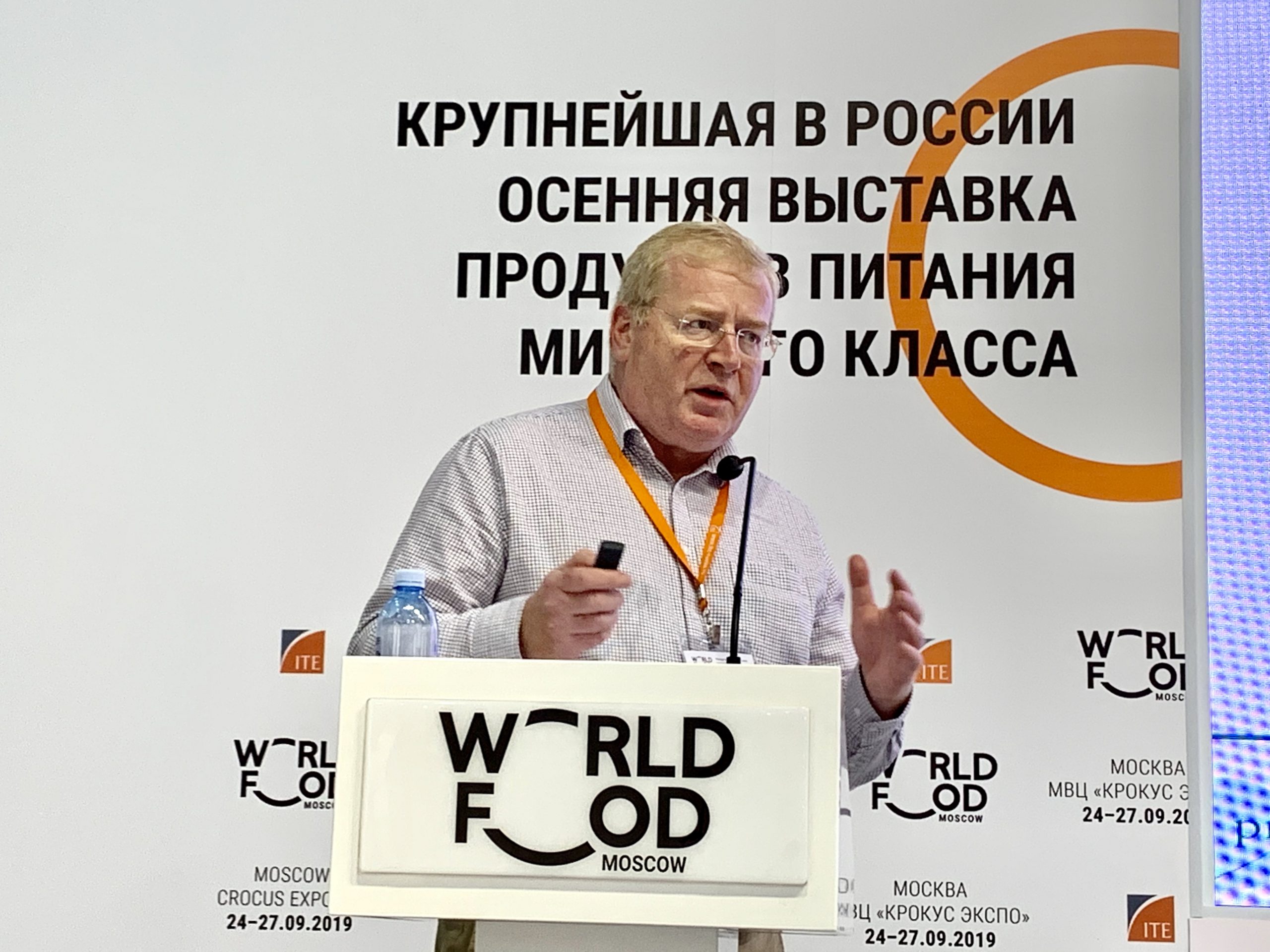Opinion: Where next for the U.K. in trade talks post Brexit?

By John Giles, Promar International's divisional director of agri-food and sustainability
Promar International's divisional director of agri-food and sustainability
Boris Johnson, with his December election win and which saw him gaining a large majority within the House of Commons, has now finally managed to secure the first stage of the departure of the UK from the European Union. This began for real at the end of January. The decision to leave the EU was made some three years ago and the issue has dominated any discussions about our future relations with the rest of Europe and indeed the rest of the world too.
Yet despite this, now the serious hard work begins, with pending discussions on a potential US – UK free trade deal, as well as similar trade deals with China, Canada, India, Australia, New Zealand to name but a few.
The development of Free Trade deals with the likes of Australia, Canada and New Zealand seems a delicious irony, as when the UK joined the EU in 1973, it was at the expense our former Commonwealth partners - and so this brings a sense of déjà vu. And of course, the Canadians, Australians and New Zealanders are all skilled agri food exporters in their own right and veterans of numerous rounds of international trade discussions.
They will see this an opportunity to export to the UK, as much as we see it an opportunity to export to them. And developing trade deals with the Indians and Chinese is not something for the faint hearted. It is noted that the Australians took 10 years to negotiate a trade deal with the Chinese. With India, the question of inherently high tariff barriers and complex non tariff barriers will take time to unravel.
The UK has stated that it seeks to develop new trade arrangements with many other countries around the world – this includes the US where President Trump has promised the UK, he will negotiate a “quick and outstanding” deal – the concern in the UK is though – for who?
There are concerns in the UK farming and food sector about the prospect of highly competitive US poultry, beef and soybeans being able to enter the UK market to the detriment of UK farmers. There is also the possibility of US businesses being able to access the National Health Service, which has an annual budget of some US$150 billion. And a trade deal between the UK and the US could see increased imports of products such as apples, pears, grapes, berry fruit and citrus from the US.
The UK has already secured trade deals with exporters such as Chile, Peru and other Latin American suppliers who will be able to carry on trading with the UK under the same tariff rates as they currently do, regardless of the final nature of our Brexit arrangements.
The UK has also stated its intent to develop a Free Trade Agreement with the Gulf Countries such as Saudi Arabia, the UAE, Oman, Kuwait, Bahrain and Qatar who have a combined GDP of some US$ 3 trillion. UK food exports have increased to some US$ 30 billon per annum with markets outside the EU becoming increasingly important and this includes the Middle East.
Our final departure from the EU is still far away in terms of how it will work - on - the - ground. There will be a period of 11 months starting from now working on the key issues to be resolved, such as the nature of trade tariffs and non-tariff barriers between the UK and the EU, the movement of labour and the highly sensitive issue of the Irish border.
In public, everyone says they want a deal on all these things, but the threat of No Deal remains. This would see the UK reverting to trading with the rest of Europe and other countries on a WTO basis. There could still well be a lot of water to flow under the bridge on this one.
Since we have all experienced the 3 years of uncertainty that the delay has caused to date, we have had to sit back and wait, with no firm idea on a EU trade deal on what to plan for and when. This includes the fresh produce sector, where we import huge volumes from the likes of Spain, Italy, France and the Netherlands.
It is fair to say that everyone wants an end to the Brexit process - business, politicians and the voters. The stakes are still high though and Boris Johnson must find a way of resolving them when the issues are still complex and full of political, economic and social challenges.
And the agenda on the development of new trade deals for the UK seems an ambitious one to say the least. The new government is full of optimism on this point and while the UK has already agreed new trade arrangements with some 20 countries, the reality is that these account for just 8% of UK’s international trade. This is very much a case of picking off the low hanging fruit - with the really big challenges of the EU, the US, Oceania and Asian countries, such as India and China still to come.
As someone said to me once – “John, there is no such thing as a job for life as you know but being a trade negotiator might be the next best thing!” Watch this space.
John is a Divisional Director with Promar International, the consulting arm of Genus plc and has worked on produce assignments in some 60 countries around the world. He is also the President of the UK’s Chartered Institute of Marketing’s food, drink & agricultural group and can be contacted at john.giles@genusplc.com















































